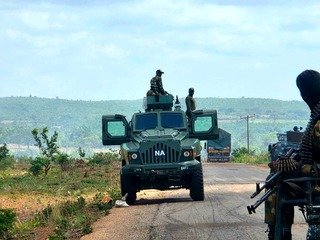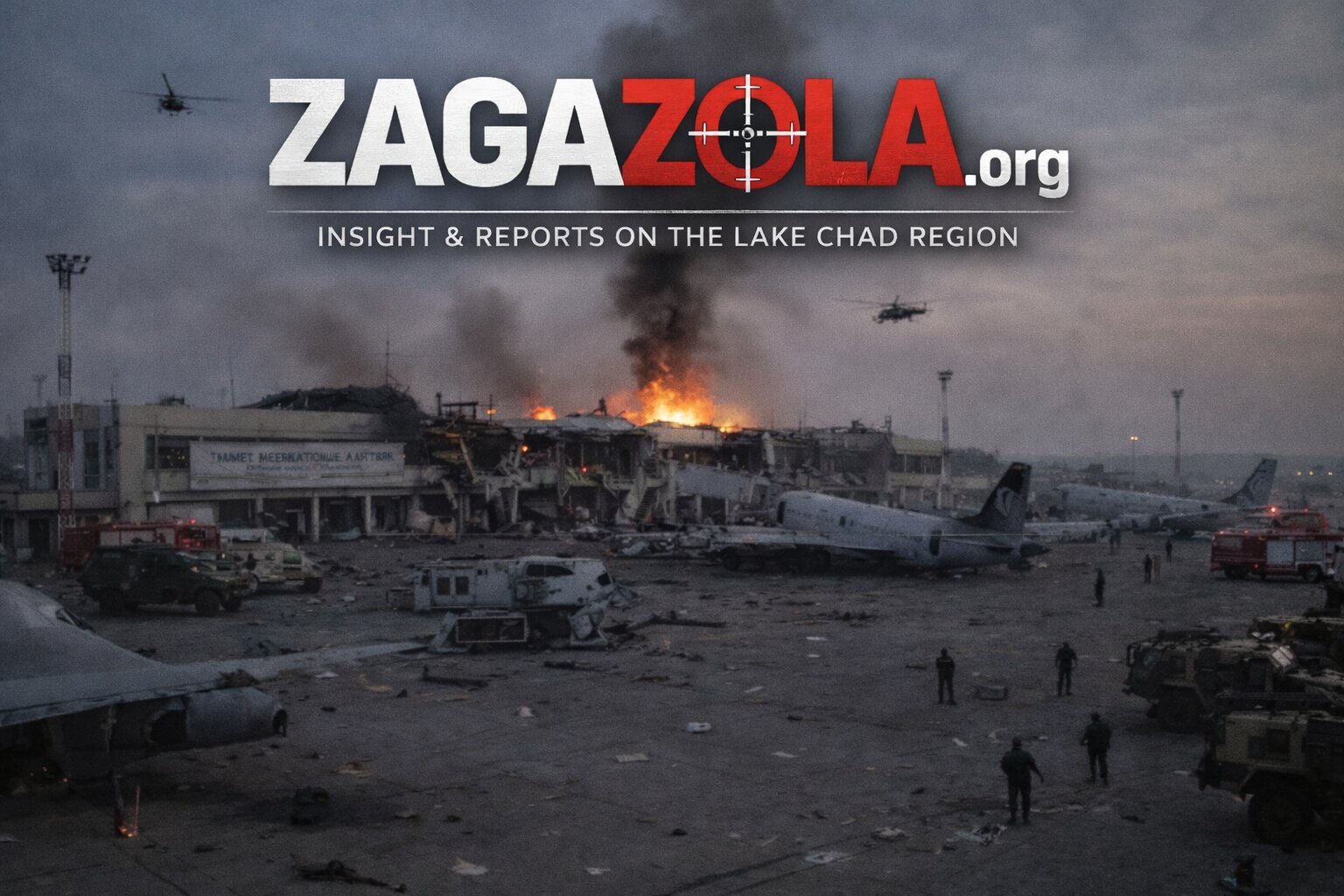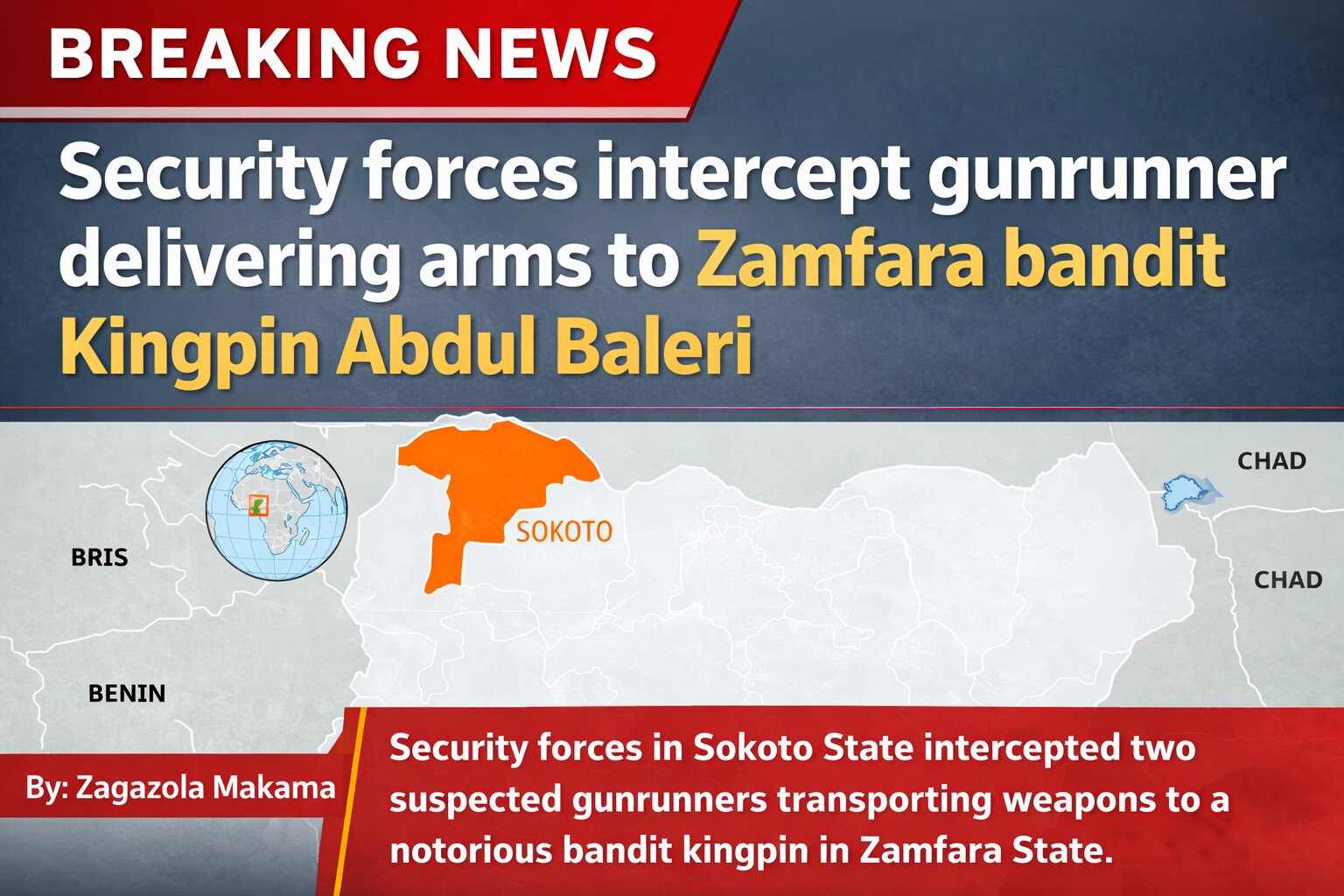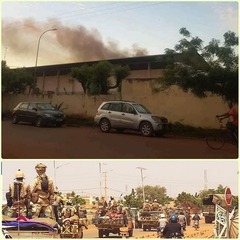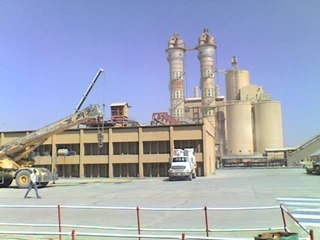Opinion: Addressing Concerns Over Inflated 188,992 Death Statistics in the Northeast by NBS
By: Zagazola Makama
The recent report from the National Bureau of Statistics (NBS) claims that 188,992 individuals lost their lives in the Northeast between May 2023 and April 2024, primarily due to robbery and murder, as part of the Crime Experienced and Security Perception Survey (CESPS) 2024. This figure translates to approximately 493 deaths per day over a year. However, a critical examination of this statistic reveals significant concerns regarding its accuracy and the methodology employed in its calculation.
To contextualize this alarming figure, it is essential to consider the ongoing conflict in the Northeast, particularly the insurgency led by Boko Haram and, more recently, ISWAP. The United Nations Development Programme (UNDP) estimated in 2020 that approximately 350,000 deaths occurred in the region from 2009 to 2020, encompassing both direct and indirect fatalities, including those resulting from hunger and inadequate healthcare access. While this figure is undeniably staggering, it reflects a comprehensive understanding of the long-term ramifications of the conflict.
In stark contrast, the NBS's assertion of nearly 189,000 deaths within a single year appears to present a skewed narrative. For comparison, ongoing global conflicts, such as the recent Israeli-Palestinian conflict, which involved extensive military operations, have resulted in around 46,000 deaths as of December 10, 2024. This raises a critical question: how can the NBS justify a figure that is four times higher in a region where relative peace has been restored in many areas?
The NBS indicates that its data was collected from "populations," a vague descriptor that undermines the credibility of its findings. Effective data collection in conflict zones necessitates robust, verifiable methodologies that include cross referencing with records from law enforcement, healthcare institutions, and humanitarian organizations. The Nigerian Police Force, which is tasked with investigating homicides and robberies, should have contributed more precise data; however, it appears that their involvement was either minimal or nonexistent.
Furthermore, data from reputable organizations such as the Armed Conflict Location & Event Data Project (ACLED) and the National Security Tracker (NST) present a more realistic perspective. In 2023, NST recorded 3,841 killings attributed to non state actors and 4,243 kidnappings across Nigeria. While these figures are concerning, they do not align with the catastrophic scenario depicted in the NBS report.
It is important to recognize the significant advancements made in the Northeast in recent years. Over two million internally displaced persons have returned to their communities, facilitated by the efforts of the Borno State government and security forces under Operation Hadin Kai. Numerous villages and towns have been rebuilt, and relative peace has been restored in areas previously ravaged by violence. While isolated incidents of violence persist, mass civilian casualties are no longer a daily occurrence.
The dissemination of inflated statistics, such as those reported by the NBS, can have profound implications. They create a distorted and discouraging image of the region, undermining the efforts of both governmental and international partners dedicated to rebuilding the Northeast. Such figures can also be exploited by critics to challenge the progress made in combating terrorism, potentially deterring investment and humanitarian assistance.
It is imperative for the NBS to reassess its methodology and clarify the processes employed in deriving these figures. Collaboration with credible entities, including the Nigerian Police Force, UN agencies, the National Human Rights Commission, ACLED, and other security organizations, is essential for producing reliable and accurate data. Additionally, the Nigerian Police Force, which holds jurisdiction over robbery and homicide cases, should take a leading role in reporting crime-related statistics.
While it is crucial to acknowledge the ongoing challenges faced in the Northeast, we must remain vigilant against exaggerated narratives that could impede progress. The people of this region deserve an accurate representation of their struggles and achievements, rather than a bleak portrayal based on flawed data.
The Northeast has made significant strides towards recovery, and while the scars of conflict remain, the resilience and determination of its people are paving the way for a brighter future. It is essential to ensure that this progress is not overshadowed by misleading statistics.
Zagazola Makama is a Counter Insurgency Expert and Security Analyst in the Lake Chad



